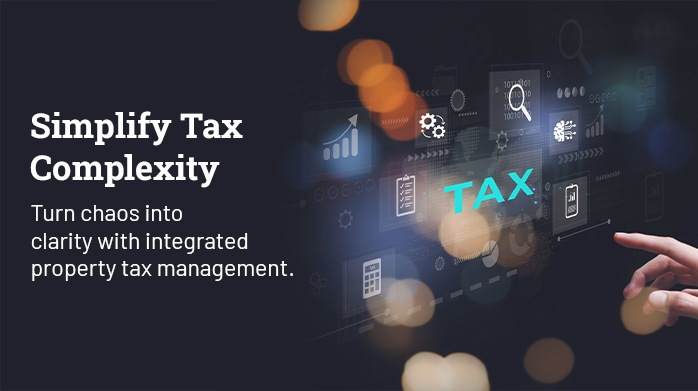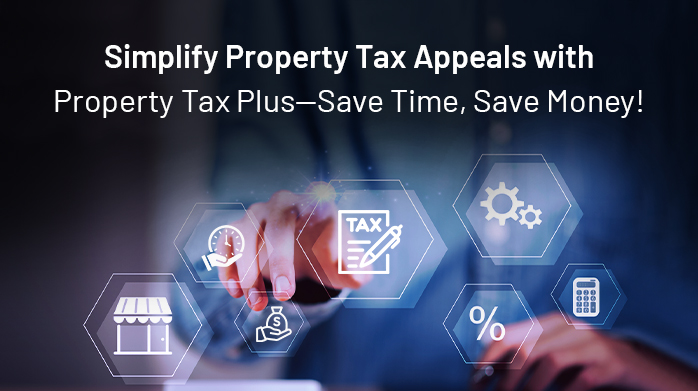Property taxes are among the most significant expenses for owners of large real estate portfolios. The challenge of managing property tax payments becomes increasingly complex as these portfolios grow, spanning multiple jurisdictions, states, counties, and municipalities. Each of these jurisdictions operates with its own unique rules, deadlines, and payment methods, creating a maze of administrative requirements that can lead to costly errors, missed deadlines, and wasted resources.
For real estate companies, commercial property managers, and any business handling multiple properties, integrating a property tax solution into their financial systems is no longer a luxury—it’s a necessity. With the right property tax software solutions, organizations can reduce the inherent complexities of property tax management while improving efficiency and minimizing risks.
The Challenges of Managing Property Tax Payments
The U.S. property tax system is highly fragmented, with over 17,000 local taxing jurisdictions. Each of these jurisdictions has its own regulations, timelines, and procedures for tax collection. While managing the tax obligations for a single property may seem manageable, scaling this process across multiple jurisdictions introduces a new level of complexity.
Consider a scenario where a property tax manager oversees a portfolio of properties across multiple states. Every property could fall under the jurisdiction of different taxing authorities, such as city, county, or municipal governments. This complexity is further amplified by frequent changes in tax laws and policies, making it a continuous challenge to stay updated.
Without an integrated property tax payment solution, tax managers risk making errors that can lead to severe consequences, including financial penalties, interest fees, or even tax liens. These errors not only have monetary implications but can also damage an organization’s reputation with investors and other stakeholders.
Why Integration Matters in Property Tax Payments
Integrating a property tax management system with financial tools provides a strategic advantage for businesses. Here’s why integration is critical:
1. Operational Efficiency
Integration ensures that all aspects of property tax management—payment schedules, amounts, jurisdictions—are synchronized within a single system. This reduces the reliance on manual processes, enabling property tax managers to focus on more strategic initiatives.
2. Error Reduction
One of the most significant benefits of integration is the reduction of human error. By automating workflows, such as data entry and payment processing, organizations can eliminate mistakes caused by manual intervention. This reduces the risk of penalties and ensures payments are accurate and timely.
3. Streamlined Payment Processes
Property tax solutions simplify payment tracking by consolidating data from multiple jurisdictions into a centralized system. This ensures that tax obligations are visible at a glance, making it easier to meet deadlines and avoid missed payments.
4. Improved Transparency
Integration provides a clear digital trail for every property tax payment. By automatically recording dates, amounts, and jurisdictions, organizations can ensure accountability and maintain accurate records for internal reviews or audits.
The Benefits of Using Property Tax Software Solutions
Adopting property tax software solutions is transformative for businesses managing large property portfolios. Here are the key benefits:
• Time Savings Through Automation: Automating tasks like payment reminders, data verification, and report generation frees up valuable time for your team.
• Centralized Data Management: With all property tax information consolidated into a single dashboard, businesses can quickly access payment statuses, due dates, and outstanding obligations.
• Scalability: Property tax solutions are designed to grow with your portfolio, making it easy to manage increasing complexity as new properties are added.
• Real-Time Insights: Integrated systems provide real-time reporting capabilities, allowing businesses to track payment performance and make informed decisions.
Conclusion
The complexity of property tax management can be overwhelming, but it doesn’t have to be. Integrating property tax software solutions into your financial systems provides the tools and automation necessary to navigate this challenging landscape. By streamlining processes, reducing errors, and saving time, businesses can stay ahead and focus on strategic growth.
Property Tax Plus is the ultimate property tax solution designed for businesses managing complex real estate portfolios. With features like centralized dashboards, automated workflows, and real-time insights, Property Tax Plus makes property tax management simple and efficient. Take control of your property tax payments and explore how Property Tax Plus can help your organization thrive.







